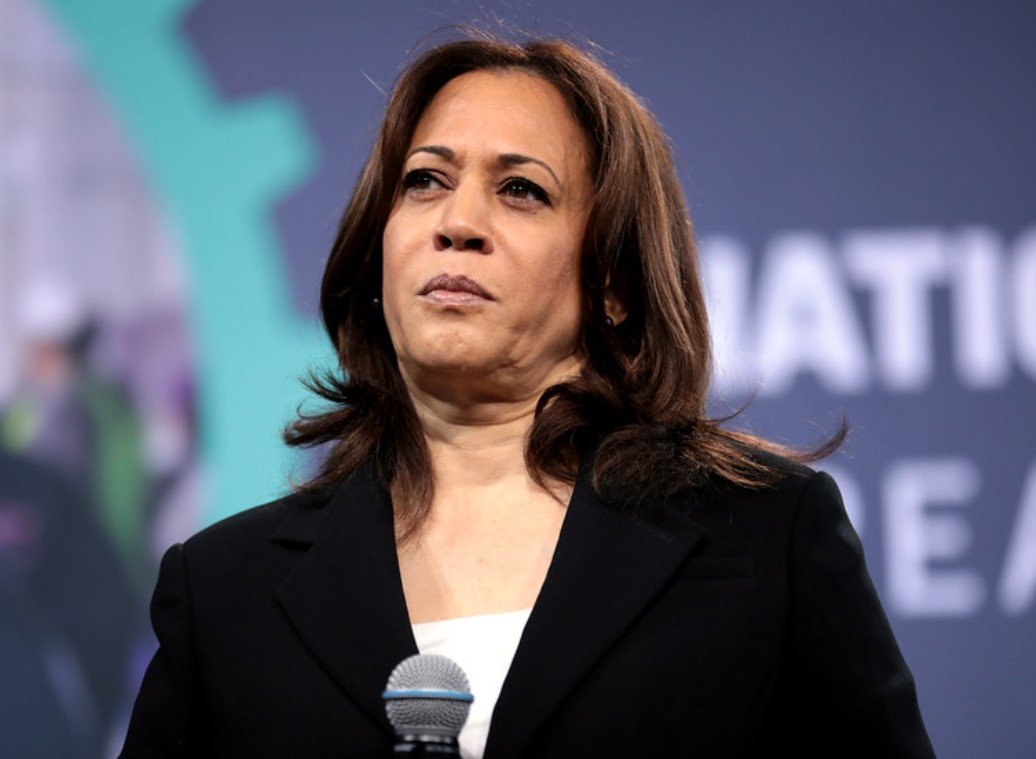In a bold move, Vice President Kamala Harris has proposed raising the corporate tax rate from 21% to 28%. This proposal aims to generate significant revenue to fund various economic initiatives and reduce the national deficit. Harris’s plan is part of her broader economic strategy to ensure that corporations and billionaires pay their fair share, thereby putting more money into the hands of the middle and working class. The proposal has sparked a heated debate among economists, business leaders, and policymakers about its potential impact on the business environment and the overall economy.

Impact on Large Corporations
Large corporations are expected to bear the brunt of the proposed tax hike. Many of these companies have benefited from the lower tax rates introduced during the Trump administration. The increase to 28% would roll back a significant portion of those tax cuts. Proponents argue that this change is necessary to address income inequality and ensure that wealthy corporations contribute more to public finances. Critics, however, warn that higher taxes could discourage investment and lead to job losses.
The proposed tax rate is also seen as a way to level the playing field. Smaller businesses often pay higher effective tax rates compared to large corporations that can afford sophisticated tax planning strategies. By increasing the corporate tax rate, Harris aims to create a more equitable tax system. However, the effectiveness of this approach remains a topic of intense debate.
Some large corporations have already started lobbying against the proposal. They argue that the increased tax burden could make the U.S. less competitive on the global stage. This could potentially lead to a shift in business operations to countries with lower tax rates, affecting the domestic job market and economic growth.
Effects on Small and Medium Enterprises (SMEs)
Small and medium enterprises (SMEs) are also likely to be affected by the proposed tax changes. While the primary target of the tax hike is large corporations, SMEs could experience indirect impacts. For instance, increased costs for large corporations could trickle down to smaller businesses through higher prices for goods and services. This could strain the financial resources of SMEs, many of which are already operating on thin margins.
On the other hand, some experts believe that the tax hike could benefit SMEs in the long run. By reducing the tax advantages enjoyed by large corporations, the proposal could create a more level playing field. This could enhance competition and provide growth opportunities for smaller businesses. Additionally, the revenue generated from the tax hike could be used to fund programs that support SMEs, such as grants, loans, and infrastructure improvements.
The overall impact on SMEs will depend on how the additional revenue is utilized. If the funds are effectively channeled into programs that support small businesses, the tax hike could have a positive net effect. However, if the revenue is not efficiently managed, SMEs could face increased financial pressure.
Broader Economic Implications
The proposed tax hike is expected to have significant broader economic implications. One of the primary goals of the proposal is to reduce the national deficit. By generating additional revenue, the government aims to fund various social and economic programs without increasing the national debt. This could lead to improved public services, infrastructure, and social welfare programs, benefiting the broader population.
However, there are concerns about the potential negative effects on economic growth. Higher corporate taxes could reduce the profitability of businesses, leading to lower investment and slower economic expansion. This could be particularly problematic in a globalized economy where businesses have the option to relocate to countries with more favorable tax regimes.
The proposal also has political implications. It aligns with the broader Democratic agenda of addressing income inequality and ensuring that the wealthy pay their fair share. However, it is likely to face strong opposition from Republicans and business lobbyists. The outcome of this proposal will depend on the political landscape and the ability of Harris and her supporters to build a coalition in favor of the tax hike.







